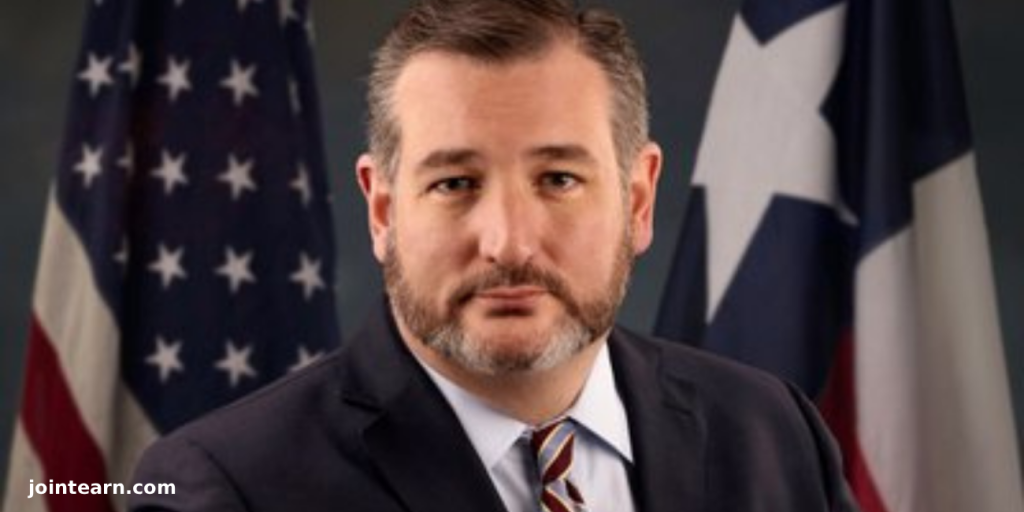
Texas Senator Ted Cruz has accused the Nigerian government of fostering policies that enable the persecution and alleged killing of Christians in the country.
In a post on his X (formerly Twitter) account on Friday, Cruz criticised Nigerian authorities for creating an unsafe environment for religious minorities. He said, “Nigerian officials know their policies have created an environment in which Christians are being persecuted and slaughtered, including their enforcement of Sharia law and their tolerance of Islamist violence.”
Cruz’s remarks come amid ongoing concerns from international human rights organisations, including Open Doors, Amnesty International, and the U.S. Commission on International Religious Freedom (USCIRF), over rising attacks on Christian communities in northern Nigeria and the Middle Belt.
The senator’s comments were prompted by statements from African Union Commission Chairman Mahmoud Ali Youssouf, who dismissed allegations of genocide against Christians while speaking at the United Nations. Youssouf stated, “Let me say this first, there is no genocide in northern Nigeria… The first victims of Boko Haram are Muslims, not Christians, and I’m saying this with documented references.”
He added that the situation in northern Nigeria is “extremely complex” and should not be reduced to a single narrative, comparing it to conflicts in Sudan and the eastern Democratic Republic of Congo.
Cruz, a long-time critic of Nigeria’s handling of religious freedom, has previously called for stronger U.S. pressure on the country, including sanctions or reinstatement on the U.S. list of Countries of Particular Concern (CPC), from which Nigeria was removed in 2021.
The Nigerian government has repeatedly rejected claims of religious persecution, insisting that violence in the country is driven by criminality, banditry, and farmer–herder conflicts rather than sectarian motives. Officials have also highlighted ongoing investments in security and counter-extremism measures.


Leave a Reply